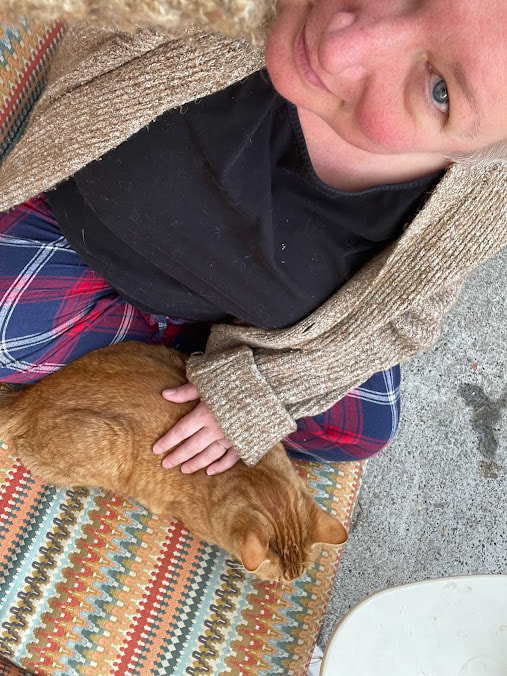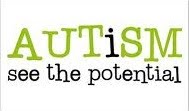I'm working out my faith as one who hears the MADWOMAN's call.
This is what I believe, today.
This is what I believe, today.
Apostasy is a theological term for the renunciation of one’s religion. I didn’t grow up knowing this word or thinking about it. But I knew it was wrong or bad or crazy to reject the gracious gift of salvation from sin, eternal life, and the sacrifice of Jesus on The Cross. My Christian education was very clear about all of that.
I didn’t want to be wrong or bad or crazy. I didn’t want to worry about Hell. Or reject a great and precious gift. Still, it was making me crazy claiming a faith I didn’t wholly possess. As a teen, I decided that it was normal doubt, a typical phase for an adolescent raised in the church, and took classes to bring me back to the core of the religion.
When my father died, and I slid loose from clinging to his religion, those core beliefs couldn’t catch me. I landed hard. I surveyed what remained of my faith. Then, I started a slow, iterative, circling and cycling path to my own core beliefs. That included identifying and rejecting beliefs I’d been raised with and found vacant. For me, slow has meant years-long and riddled with more pauses than clarity. The process has been graced with good friends, good books, and a million pages of journaling.
My apostasy began with simple, pragmatic, choices made from my gut. There were hymns I couldn’t sing anymore because of battle imagery or other language that neither articulated nor resonated with my understanding of good, the ineffable, and even the example of Jesus’ life. Soon, I took issue with lines of a creed or the tone of a prayer. There were entire sermons that left me cringing and crabby. Until I just didn’t go to church, anymore. There was nothing there for me but irritation and angst. I had to delete so much of the service that I was left with gaping holes where others gleaned instruction or comfort or community.
I returned to church, briefly, in my mid-thirties. I was a new mother and aching for a community to share with and to receive support. The same script played out for me there. Vacancies developed within the services, as I closed my mouth from saying things I didn’t, and still don’t, believe. I wished I could play along to be part of the community there. But it chafed so painfully and I couldn’t settle in.
I widened my search for “open and affirming” congregations and congregations with evidence of doing good work in the neighborhood or the city. I did find them. But the words, creeds, and sermons were in those places, too.
After decades of resisting what I knew, intuitively, since childhood I turned inward to meet that message. I stopped fighting with the external definitions of God and Gospel. I listened closely to the good news I understood within me. I felt free to lay down each belief and practice that I denied. It released me from a binding tension, which had held me in one place in my spirituality. I entered into faith anew. Building my set of beliefs and actions. Finding my community one connection at a time.
I finally accepted my apostasy, with a snicker and a smile, when I was able to also identify and claim my heresy.
What is your apostasy? Play fast and loose with the idea. Don’t be limited to a particular religious instruction. Maybe it’s cultural canon that you are ready to lay down because it no longer rings true.
 RSS Feed
RSS Feed





